"The economic impact of coronavirus must not derail the switch to sustainable energy"
In a report published yesterday, Fatih Birol, IEA’s executive director, has warned the coronavirus outbreak could trigger a slowdown in the world’s clean energy transition to sustainable energy sources unless governments use green investments to help support economic growth through the global slowdown which will no doubt ensue as countries implement "lockdown" tactics to halt the virus' spread.
With the travel industry down between 50-85% (depending on sources), working from home becoming the norm, school closures and extensive "social isolation" measures being implemented, there is bound to be a temporary global reduction in CO2 production. The International Energy Agency (IEA) goes even further and predicts the economic fallout of Covid-19 will wipe out the world’s oil demand growth for the year ahead, despite plummeting oil prices. Meaning, we could see the sharpest decline in oil price in the last 30 years, wiping billions of dollars from the world’s largest energy companies.
“There is nothing to celebrate in a likely decline in emissions driven by economic crisis because in the absence of the right policies and structural measures this decline will not be sustainable,” said Fatih Birol.
The economic impacts of covid-19 - an infrastructure slowdown
The general economic dive being experienced is likely to stall many infrastructure projects, including the multibillion-dollar investments in sustainable energy needed to reduce CO2 emissions and avert a climate catastrophe by the end of the decade, according to scientists studying climate change.
According to a worrying report from Bloomberg New Energy Finance, in the wake of covid-19, the year ahead could be the first time the world’s solar power growth falls since the 1980s with the analysts yesterday slashing forecasts for new solar power projects by 8% - and saying that sales of electric vehicles will stagnate as well in 2020.
How to maintain the switch to renewable energy after coronavirus?
“We should not allow today’s (virus) crisis to compromise the clean energy transition,” Birol said. He suggested global governments should use the economic stimulus packages in the pipeline to help countries bounce back from the negative economic impact of coronavirus to spur investment in clean energy technology and infrastsucture projects.
He added: “We have an important window of opportunity. Major economies around the world are preparing stimulus packages. A well designed stimulus package could offer economic benefits and facilitate a turnover of energy capital which have huge benefits for the clean energy transition.”
The IEA’s analysis concluded that 70% of the world’s clean energy investments are government-driven, either by direct government finance or as a result of policies such as subsidies or taxes. The IEA watchdog also reported that government fossil fuel subsidies total $400bn (£300bn) per year.
Scrap fossil fuel subsidies, invest in energy efficiency
Birol urges governments around the world who seek economic solutions to the coronavirus downturn to invest in energy efficiency measures. This may not offer much in short-term returns while the energy prices are so low, but should prove a lucrative longer-term investment.
The IEA head also urges policymakers to use the dramatic drop in global oil prices to phase out or scrap fossil fuels subsidies, which could be used instead to boost healthcare spending.
“These challenging market conditions will be a clear test for government commitments,” Birol said. “But the good news is that compared to economic stimulus packages of the past we have much cheaper renewable technologies, have made major progress in electric vehicles, and there is a supportive financial community for the clean energy transition. If the right policies are put in place there are opportunities to make the best of this situation,” he added.
Now you know more about the potential impact of the coronavirus on the transition to renewable energies and how they may struggle to help offset the carbon footprint of eco homes & sustainable construction unless Governments channel economic stimulus initiatives into them...Find more pages about sustainable and resilient green building techniques here :
Find more about green home construction in the EcoHome Green Building Guide pages - Also, learn more about the benefits of a free Ecohome Network Membership here. |



















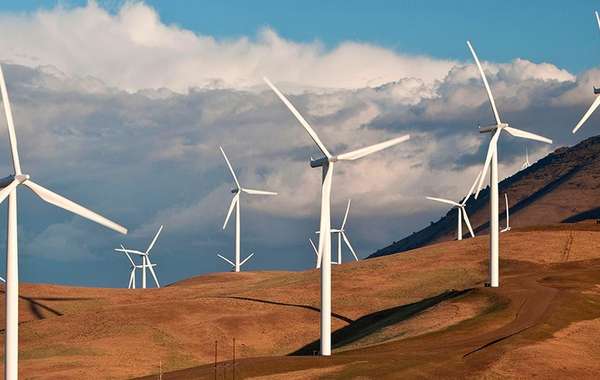
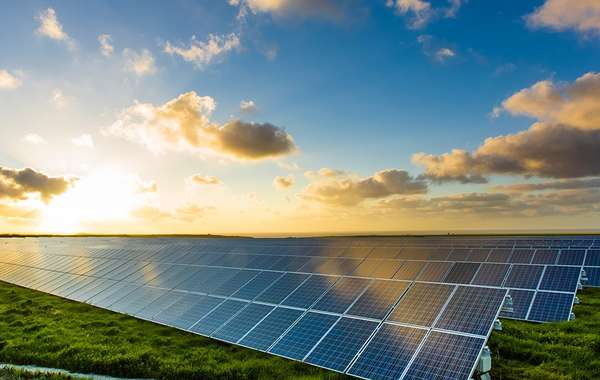


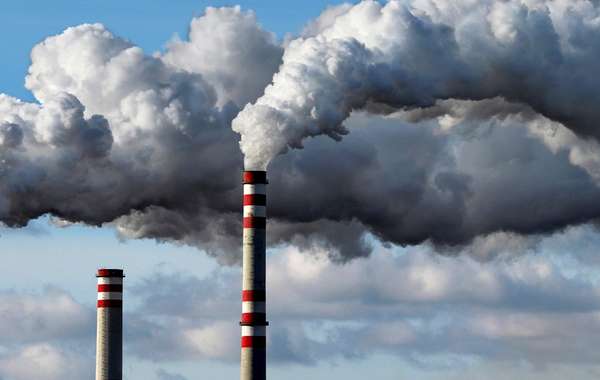
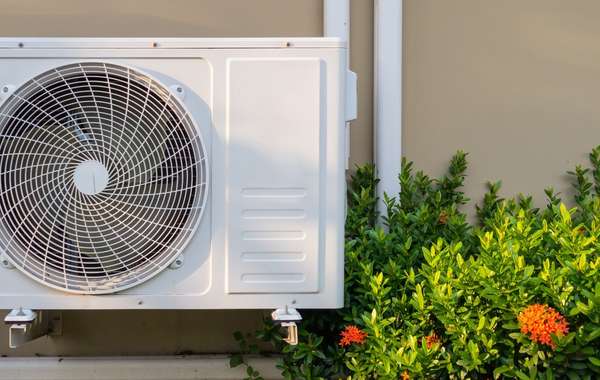
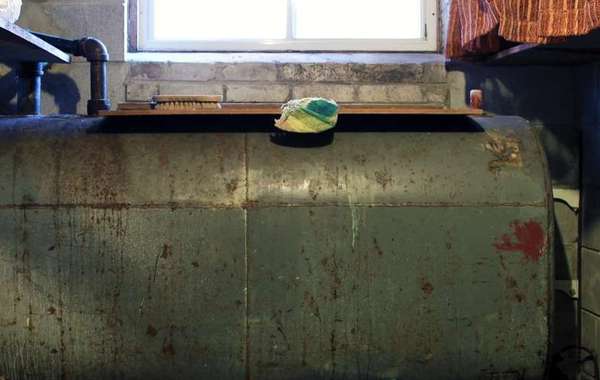
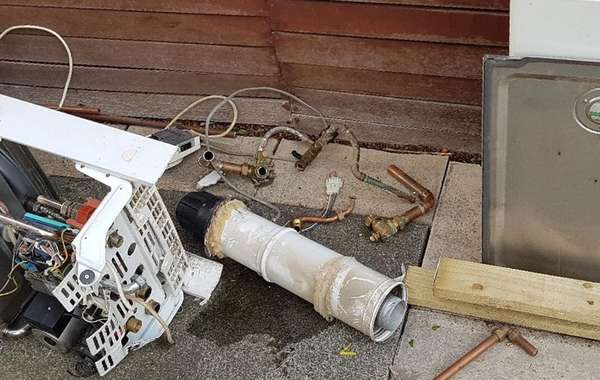


Comments (0)
Sign Up to Comment